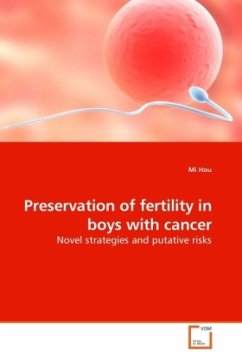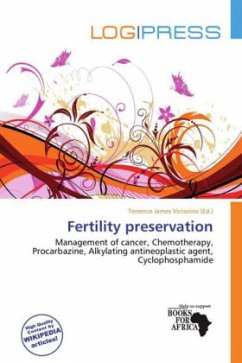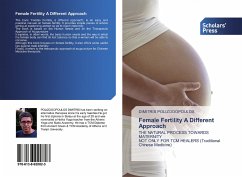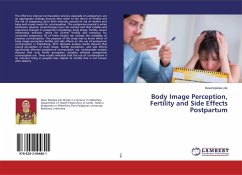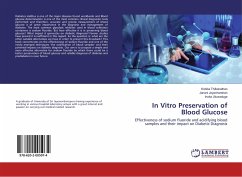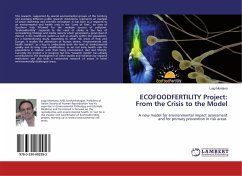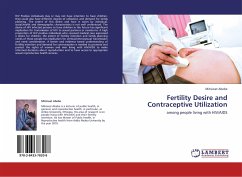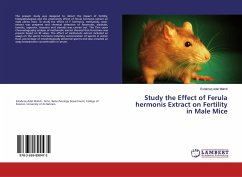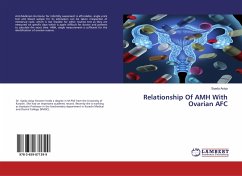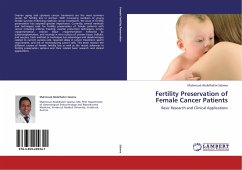
Fertility Preservation of Female Cancer Patients
Basic Research and Clinical Applications
Versandkostenfrei!
Versandfertig in 6-10 Tagen
52,99 €
inkl. MwSt.

PAYBACK Punkte
26 °P sammeln!
Ovarian aging and cytotoxic cancer treatments are the most common causes for fertility loss in women. With increasing numbers of young female survivors following cytotoxic cancer treatments, the issue of fertility preservation has assumed greater importance. Currently, several methods and techniques exist for fertility preservation of female patients with cancer including embryo freezing, ovarian protection techniques, oocyte cryopreservation, ovarian tissue cryopreservation followed by autotransplantation, and recently in vitro culture of ovarian tissue, follicles, and oocytes. Each method or...
Ovarian aging and cytotoxic cancer treatments are the most common causes for fertility loss in women. With increasing numbers of young female survivors following cytotoxic cancer treatments, the issue of fertility preservation has assumed greater importance. Currently, several methods and techniques exist for fertility preservation of female patients with cancer including embryo freezing, ovarian protection techniques, oocyte cryopreservation, ovarian tissue cryopreservation followed by autotransplantation, and recently in vitro culture of ovarian tissue, follicles, and oocytes. Each method or technique has advantages and disadvantages related to current success rate, required delay in cancer treatment, sperm requirement, and risk of reintroducing cancer cells. This book reviews the different causes of female fertility loss as well as the recent advances in fertility preservation options and their related basic research and clinical applications.



